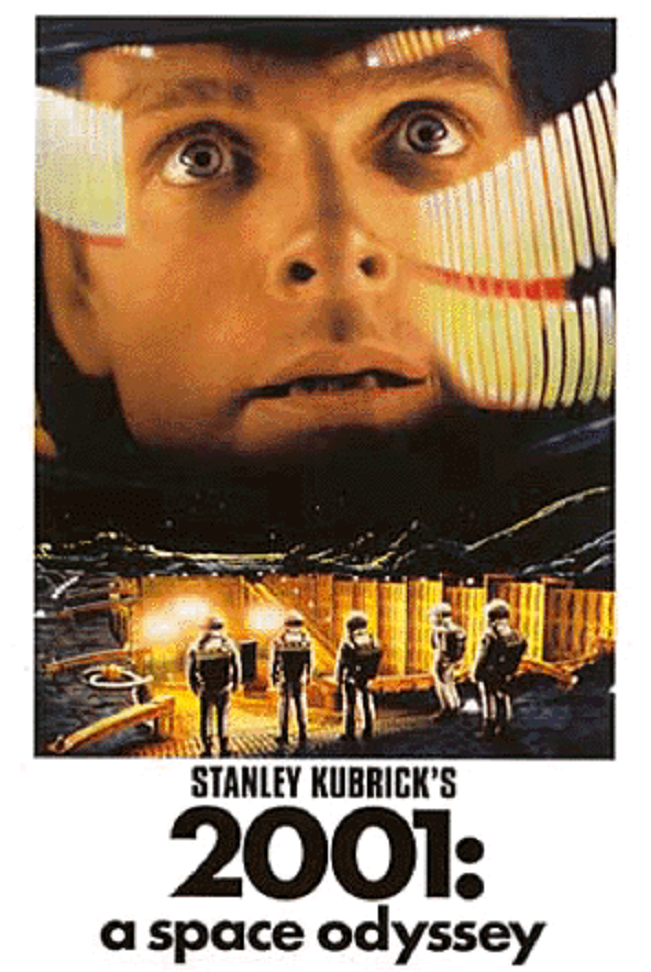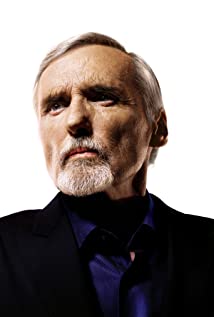Dennis Hopper
Dennis Lee Hopper (May 17, 1936 – May 29, 2010) was an American actor, filmmaker, photographer and artist. He attended the Actors Studio, made his first television appearance in 1954, and soon after appeared alongside James Dean in Rebel Without a Cause (1955) and Giant (1956). In the next ten years he made a name in television, and by the end of the 1960s had appeared in several films. Hopper also began a prolific and acclaimed photography career in the 1960s. Hopper made his directorial film debut with Easy Rider (1969), which he and co-star Peter Fonda wrote with Terry Southern. The film earned Hopper a Cannes Film Festival Award for "Best First Work" and a nomination for the Academy Award for Best Original Screenplay (shared with Fonda and Southern). Journalist Ann Hornaday wrote: "With its portrait of counterculture heroes raising their middle fingers to the uptight middle-class hypocrisies, Easy Rider became the cinematic symbol of the 1960s, a celluloid anthem to freedom, macho bravado and anti-establishment rebellion". Film critic Matthew Hays notes that, "no other persona better signifies the lost idealism of the 1960s than that of Dennis Hopper". He worked on various small projects until he found new fame for his role as the American photojournalist in Apocalypse Now (1979). He went on to helm his third directorial work Out of the Blue (1980), for which he was again honored at Cannes, and appeared in Rumble Fish (1983) and The Osterman Weekend (1983). He saw a career resurgence in 1986 when he was widely acclaimed for his performances in Blue Velvet and Hoosiers, the latter of which saw him nominated for the Academy Award for Best Supporting Actor. His fourth directorial outing came about through Colors (1988), followed by an Emmy-nominated lead performance in Paris Trout (1991). Hopper found even greater fame for portraying the villains of the films Super Mario Bros. (1993), Speed (1994) and Waterworld (1995). Hopper's later work included a leading role in the short-lived television series Crash (2008–2009), inspired by the Academy Award-winning film of the same name. Production on his final film, The Last Film Festival (2016), completed just before his death; originally slated for 2011 distribution, the project was picked up for theatrical release in late 2016 by Monterey Home Video. Hopper has an additional posthumous credit in the completed, but unreleased Orson Welles drama The Other Side of the Wind, acquired for distribution by Netflix.

